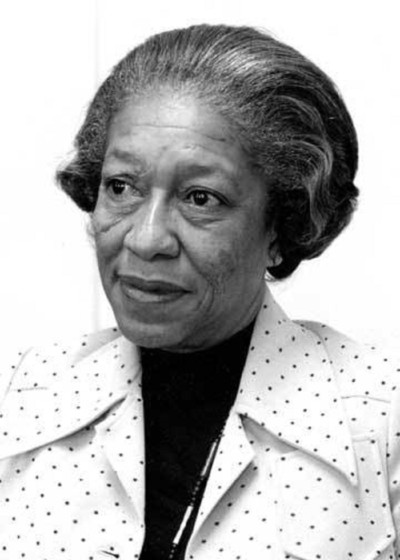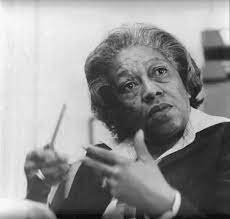Amy Maglio is one of the recipients of the Deborah Harding Lifetime Achievement award for her work as Founder and Executive Director of Women’s Global Education Project (WGEP). Her work from the Peace Corps and beyond has touched thousands of lives and given many girls the gift of education and empowerment. Maglio’s journey to start her organization began as a Peace Corps volunteer in rural Senegal. Her host sister, Khady, was her inspiration for starting her organization- Khady, had a desire to learn but was unable to attend school. Amy knew that through education, Khady and other girls in her village could gain valuable skills and avoid a life where the only expectations for the girls were to get married and raise a family.
Amy made it her personal mission to help her “bright, exuberant” host sister during her time as a Peace Corps Volunteer. She took it upon herself to find a private boarding school that would accept a nine-year-old, helped Khady obtain a birth certificate, paid her $250 school tuition fee, and extended her Peace Corps service one year to ensure that Khady had the resources she needed to succeed. Amy recalls her time in the Peace Corps as a “humbling experience” and one where she was pushed outside of her comfort zone. Without her time as a Peace Corps volunteer, Amy believes she would be a totally different leader with a different outlook on life.
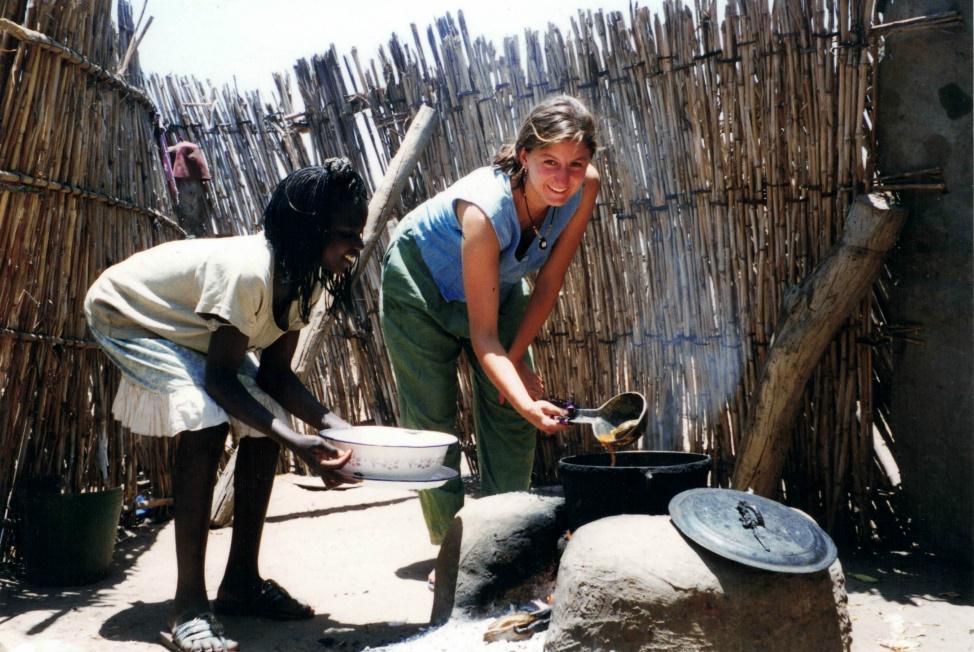
Amy cooking on a mud stove built during her time as a Peace Corps volunteer in Senegal.
Several years after her service ended, Amy visited Khady, and saw how her confidence had soared once she learned how to read and write! This experience led Amy to start WGEP in 2004, working from her dining room table to provide school scholarships to 12 girls in Senegal! She started by “partnering with existing community-based organizations to change beliefs and attitudes surrounding girls’ education and gender equality”. The organization has grown and changed tremendously in the 17 years since.
Maglio believes that her time as a Peace Corps volunteer was “ instrumental to my understanding of effective international development.” Her service aided her in learning the importance of community mobilization, which is a necessity for WGEP. Amy believes that “ it’s essential to work with grassroots leaders and activists to shift attitudes in favor of gender equality, and to create long-term, systemic change.” WGEP uses a holistic approach when it comes to its education programming, and operates three complementary programs aimed at dismantling the structural barriers that keep girls from attending and succeeding in school: Sisters to School provides scholarships, health education, and mentoring to girls in middle school through university, Our Sisters Read promotes literacy and a lifelong love of learning among primary school students, and Our Sisters Lead trains high school students in key leadership skills, and supports them in designing community development projects. The support of other RPCVs for the past two decades has been tremendous for Amy’s efforts to grow WGEP and advocate for adolescent girls. Through the organization's commitment to working closely in communities and support of past volunteers and mentors, WGEP’s programs have reached over 20,000 women and girls and over 30,000 people in more than 172 villages in Senegal and Kenya.
When asked what moments of her career that she is most proud of, Amy remarked that her proudest moments come from seeing the impact that the young women who have graduated from WGEP’s make in their communities. From the education that her organization provides, “girls are empowered to make their own life decisions, and become active participants in community life!” She provided video examples of two scholars from WGEP, Cynthia who uses poetry to share her life experiences, and Gatwiri, who became the first woman from her village to attend university and was the focus of a short documentary by Michelle Obama’s Girls Opportunity
Alliance.
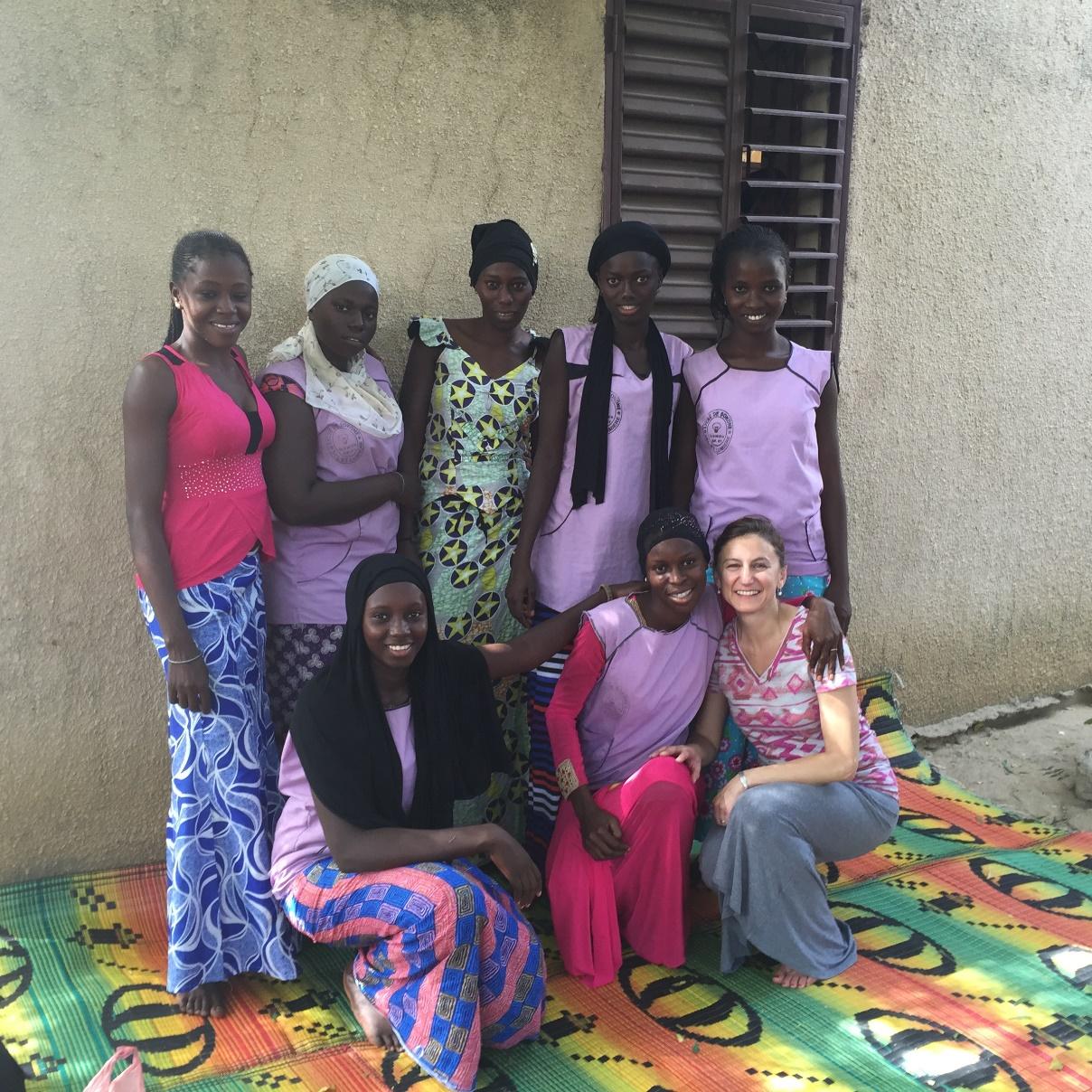
Amy with WGEP scholars in Sokone, Senegal
Another career achievement that Amy remembers fondly is when she received the honor of presenting at the United Nations’ Girls’ Education Initiative (UNGEI) conference in Dakar, Senegal in 2010. There at the conference, her work was also acknowledged as WGEP was selected as a “best practice” for girl’s education. Her experience at UNGEI was a momentous and full-circle career experience. Not only was she acknowledged for her organization, but was also invited to be an official drafter of the UN Declaration on Gender Equality, all back in Senegal where her inspiration for WGEP was born.
Maglio’s story is one of tenacity, the creation and success of WGEP did not happen overnight. She shared that after 7 years of working full-time and only after receiving a contract from USAID was she able to earn a salary. Through trial and error, ups and downs, WGEP has become the life changing program it is today and she is proud to report that its programs have a 99.3% retention rate. When asked on how she avoids getting discouraged in the overwhelming quest of making a positive impact on global communities, she shares “it’s up to all of us to do all that we can to make a better, more equitable world! Don’t be afraid to start small, and know that you will make mistakes along the way, but if you are open to feedback and correct the course, you can make an impact.”
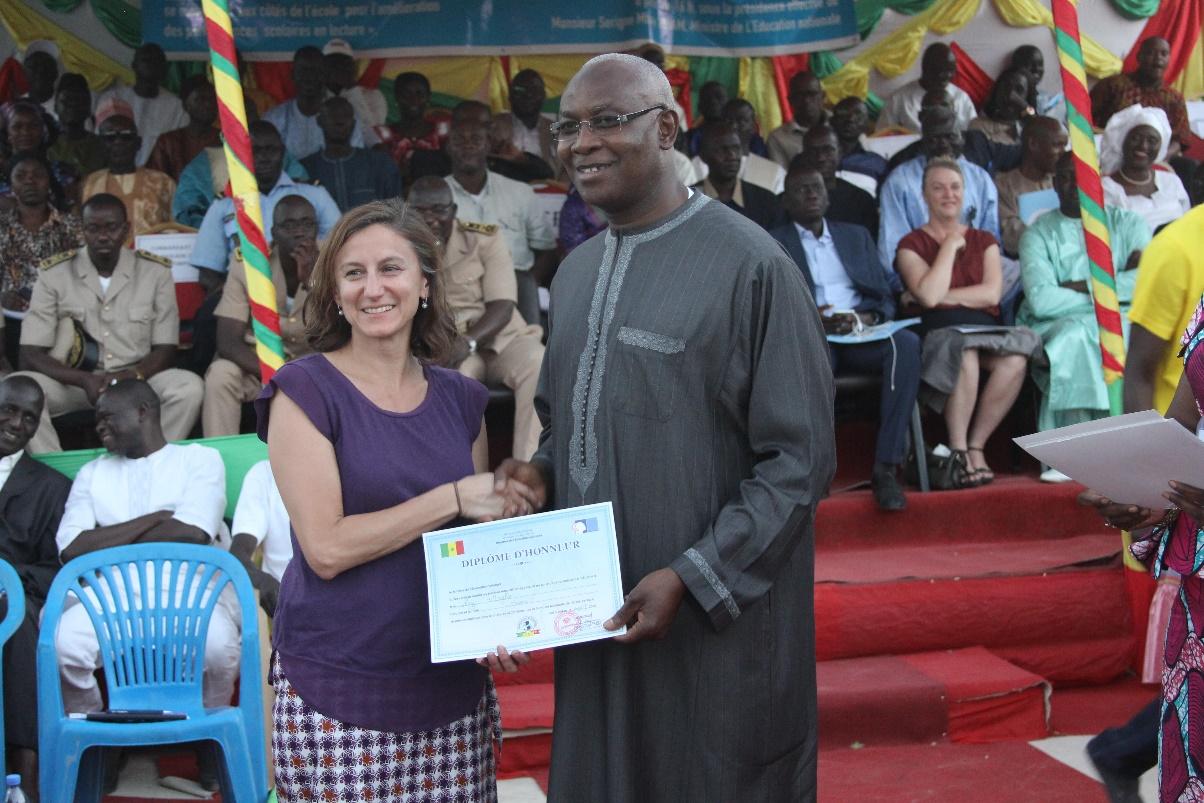
Amy receiving an honorary diploma from the Minister of Education, Senegal
The piece of resounding advice that Amy gives to girls and young women is to never forget that the world needs you! “ Follow your passions, and when you are successful, make sure you take time to share advice and help other women follow in your footsteps.” With Amy’s recognition as a winner of Women of Peace Corps Legacy's Deborah Harding Lifetime Achievement Award, she is living her own advice and helping women all around the world access their potential through education.
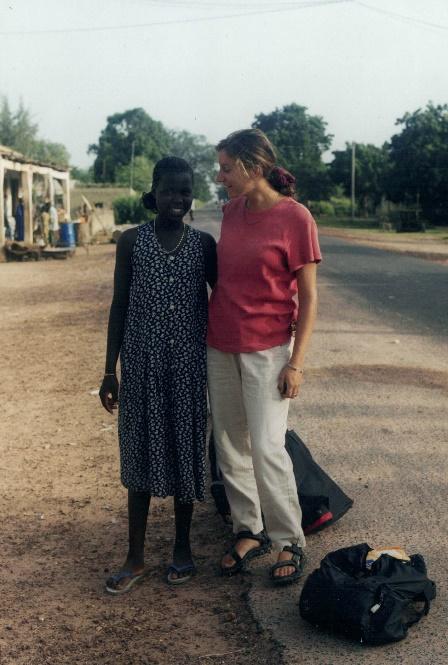
Amy with her Peace Corps host sister, Khady, who became Women’s Global Education Project’s first scholar in 2004! Photo from 1999.
You can visit Women’s Global Education Project here to learn more about the organization and donate to the cause. Follow WGEP on their social media accounts below!
Facebook Account: https://www.facebook.com/WomensGlobalEducationProject/
Instagram Account: @womensglobal
Twitter Account : @WGEP
